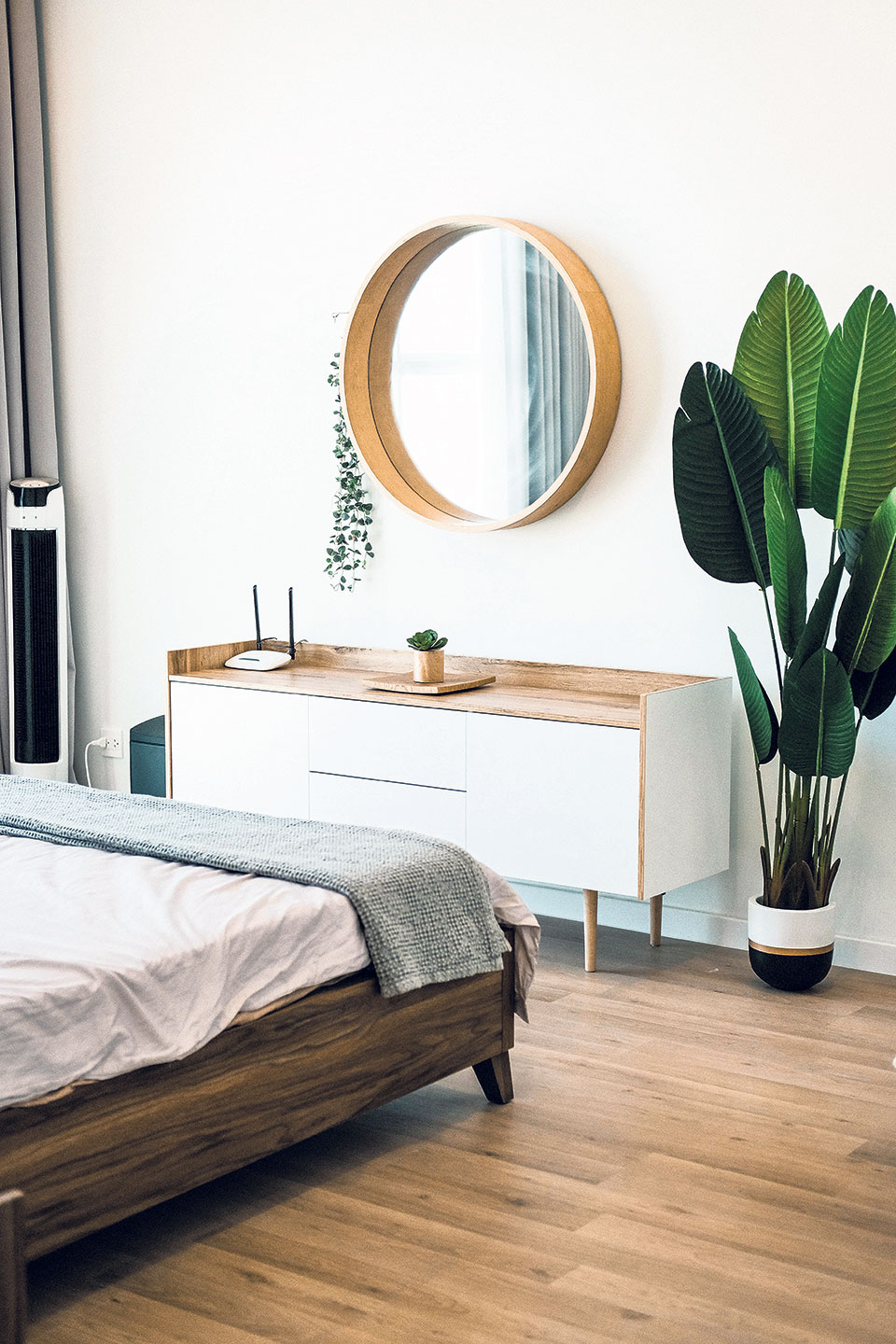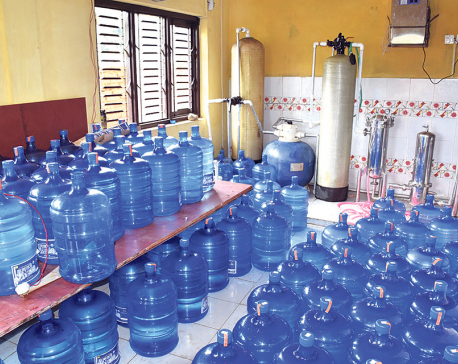
OR

Dr Basudev Krishna Shastri, an astrologer with 15 years of experience, and an expert in vastu shastra, says it is a principle through which people can live in harmony with nature. Following the principles of vastu shastra will lead you to live a peaceful and prosperous life by balancing the effects of the five key elements of this subject—which are earth, water, heat (or fire), air and space.
The term vastu shastra directly translates to mean ‘the science of architecture’ and Dr Shastri believes that anyone who lives in a surrounding that is correct according to this shastra will have very few health (both mental and physical), financial and relationship problems. Here, he guides The Week through the most important aspects of this subject.
Manage the flow of the five elements in your house
According to Dr Shastri, your house should have a balanced flow of the five elements. He mentions that every sound house should have access to clean and pure water and that this water should be able to flow through all the taps in the house. The main source of water should be placed in the northern area of your house.
Additionally, all the rooms in the house should also be warm in the winter and cool in the summer.
“If the rooms in your house aren’t like this naturally, then you should make provisions to manage the temperature according to the season,” says Dr Shastri. Furthermore, the rooms in your house shouldn’t be congested and overly packed with furniture and other tid-bits as this affects many things including your speech. You should only keep what furniture you need, get rid of unnecessary clutter and leave some free space.
The locations of the rooms matter
The direction in which the various rooms in your house are facing is also very important in vastu shastra. Dr Shastri mentions that the master bedroom should be in the eastern corner, the guest bedroom should be in the southern side and any other bedrooms should be in the west part of the house. He also adds that one should never sleep in a room in the north part of a house and that you should always pick rooms facing south whenever you are traveling or sleeping over at someone else’s house.
As the kitchen represents the heat or fire element of vastu, it should be built in the south-eastern area. If you’re unable to build your kitchen there for some reason, then it can also be placed in the north-western part of your house. Similarly, the prayer room should be located in the north-eastern area.
Growing plants has many benefits
Planting a lot of flora is also advantageous for you according to vastu shastra. Dr Shastri explains that anyone who lives in a house with a lot of plants will have to deal with very few mental and physical health problems.
“Our ancestors considered houses with a lot of plants—where a lot of things (like fruits, vegetables and flowers) grew—as houses of successful and powerful people and that is true even today,” says Dr Shastri. And if your house doesn’t have a big garden space, then you could simply make do with small indoor plants as they have the same benefits. But you should never keep fake grasses, flowers and plants, genetically modified plants (like Bonsai), and plants that have a lot of thorns in your house as they emit negative energy.
The color of your walls should depend on your astrological sign
In an ideal house, according to vastu shastra, the colors of the walls reflect the astrological signs of the people living there. Keep in mind that this is according to the Nepali (or Hindu) zodiac signs and not the western zodiac signs. Red color suits people of Mesh (Aries), Brishchik (Scorpio), Simha (Leo) zodiacs, and colors like white, grey and off-white suit people wof Brish (Taurus), Tula (Libra) and Karkat (Cancer) zodiacs. People under Mithun (Gemini) and Kanya (Virgo) zodiacs are compatible with greenish colors while people with Dhanu (Sagittarius) and Meen (Pisces) zodiacs are compatible with yellow. Lastly, people with Makar (Capricorn) and Kumbha (Aquarius) signs should stick to patterned walls or walls that are grey or brown in color.
You can reverse the effects of ‘vastu dosh’
If any area of your house doesn’t match with vastu shastra then that part of your house is considered to have vastu dosh. Having vastu dosh will attract negative energy into your house and people living in such houses have to deal with problems related to health, finance and stability regularly. Fortunately, you can always counter these negative effects without completely destroying and rebuilding your house. Dr Shastri suggests things like keeping metallic statues of gods—particularly those of Laxmi, Ganesh and Shiva, Sri Yantra, kalash or swastika symbols in these areas. Alternatively, you could also place things like an aquarium (that has live fishes because just an empty glass vessel doesn’t work) or metallic statues of a tortoise, frog or an elephant without visible teeth.

Things you should never keep in your house
There are a few things you should never keep in your house if you want it to be stable according to vastu shastra. Having these items will trap negative energy in your house. First, you shouldn’t have any cracked or broken utensils in your kitchen. “Eating from these or even just having these in your kitchen means your family will never have sufficient food,” says Dr Shastri.
Second, you shouldn’t have things like deer antlers or tiger skin in your house. These things are associated with death and your family will constantly suffer from mental and physical illness. Lastly, you shouldn’t keep anything that’s broken, out-of-order, cracked, ruined or torn in your house in general. These too create and trap negative energy in your house.
You May Like This

Oli, Modi vow to expedite air, water, rail connectivity
KATHMANDU, May 11 : Prime Minister KP Oli and his Indian counterpart Narendra Modi have agreed to strengthen air, waterways and... Read More...

State-owned water body introduces bottled mineral water in jars
BANEPA, August 28: Nepal Water Supply Corporation has started sale of bottled mineral water under the brand name ‘NWSC Pani’. The... Read More...

Water Supply Department to build ponds to collect rain water
KATHMANDU, Feb 4: The Department of Water Supply and Sewerage is set to launch a project for collecting rain water... Read More...







Just In
- Rain shocks: On the monsoon in 2024
- Govt receives 1,658 proposals for startup loans; Minimum of 50 points required for eligibility
- Unified Socialist leader Sodari appointed Sudurpaschim CM
- One Nepali dies in UAE flood
- Madhesh Province CM Yadav expands cabinet
- 12-hour OPD service at Damauli Hospital from Thursday
- Lawmaker Dr Sharma provides Rs 2 million to children's hospital
- BFIs' lending to private sector increases by only 4.3 percent to Rs 5.087 trillion in first eight months of current FY












Leave A Comment